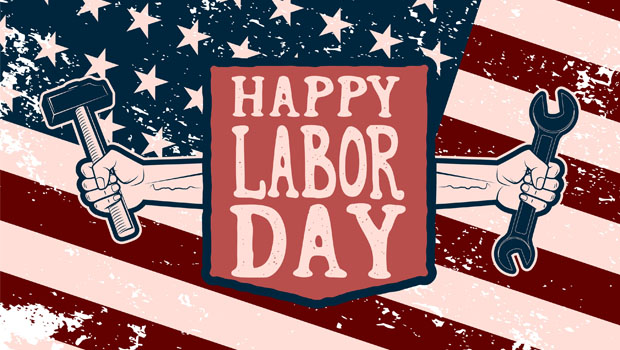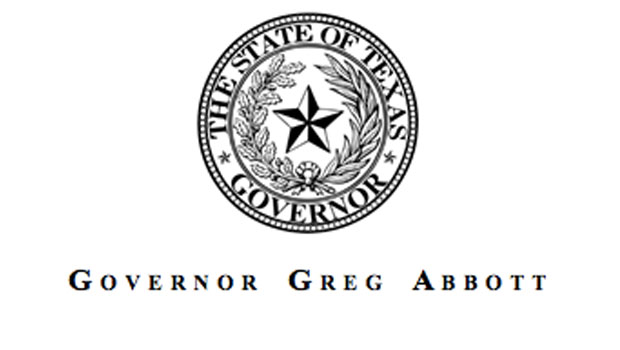NEWS
History of Labor Day in America

Labor Day: What it Means
Labor Day, the first Monday in September, is a creation of the labor movement and is dedicated to the social and economic achievements of American workers. It constitutes a yearly national tribute to the contributions workers have made to the strength, prosperity, and well-being of our country.
Labor Day Legislation
The first governmental recognition came through municipal ordinances passed in 1885 and 1886. From these, a movement developed to secure state legislation. The first state bill was introduced into the New York legislature, but the first to become law was passed by Oregon on February 21, 1887. During 1887 four more states — Colorado, Massachusetts, New Jersey, and New York — created the Labor Day holiday by legislative enactment. By the end of the decade Connecticut, Nebraska, and Pennsylvania had followed suit. By 1894, 23 more states had adopted the holiday, and on June 28, 1884, Congress passed an act making the first Monday in September of each year a legal holiday in the District of Columbia and the territories.
Founder of Labor Day
More than a century after the first Labor Day observance, there is still some doubt as to who first proposed the holiday for workers.
Some records show that Peter J. McGuire, general secretary of the Brotherhood of Carpenters and Joiners and a co-founder of the American Federation of Labor, was first in suggesting a day to honor those “who from rude nature have delved and carved all the grandeur we behold.”
But Peter McGuire’s place in Labor Day history has not gone unchallenged. Many believe that Matthew Maguire, a machinist, not Peter McGuire, founded the holiday. Recent research seems to support the contention that Matthew Maguire, later the secretary of Local 344 of the International Association of Machinists in Paterson, N.J., proposed the holiday in 1882 while serving as secretary of the Central Labor Union in New York. What is clear is that the Central Labor Union adopted a Labor Day proposal and appointed a committee to plan a demonstration and picnic.
The First Labor Day
The first Labor Day holiday was celebrated on Tuesday, September 5, 1882, in New York City, in accordance with the plans of the Central Labor Union. The Central Labor Union held its second Labor Day holiday just a year later, on September 5, 1883.
In 1884 the first Monday in September was selected as the holiday, as originally proposed, and the Central Labor Union urged similar organizations in other cities to follow the example of New York and celebrate a “workingmen’s holiday” on that date. The idea spread with the growth of labor organizations, and in 1885 Labor Day was celebrated in many industrial centers of the country.
NEWS
Gov. Abbott announces special session

Signs 1,155 Bills, Vetoes 26 Bills For 89th Regular Legislative Session
AUSTIN – Governor Greg Abbott today announced the final list of 1,155 bills signed into law and 26 bills vetoed from the 89th Regular Legislative Session. Governor Abbott’s veto statements may be viewed here and here. The Governor also announced he will call a Special Session to begin on Monday, July 21, along with an initial list of agenda items.
“Working with the Texas Legislature, we delivered results that will benefit Texans for generations to come,” said Governor Abbott. “Lieutenant Governor Dan Patrick, Speaker Dustin Burrows, and the Texas House and Senate worked hard to send critical legislation to my desk. This session has seen monumental success, but there is more we can do.”
All seven of Governor Abbott’s emergency items passed the Texas Legislature and were signed into law:
- Property Tax Relief
- Generational Investment in Water
- Raise Teacher Pay
- Expand Career Training
- School Choice
- Bail Reform
- Creation of the Texas Cyber Command
Additionally, Governor Abbott:
- Signed 1,155 bills
- Vetoed 26 bills
- Signed the 2026-2027 General Appropriations Act and the Supplemental Budget
At this time, the Governor has identified several bills that were vetoed or filed without signature that will be placed on the upcoming Special Session agenda for further consideration:
- Senate Bill 3: Relating to the regulation of products derived from hemp, including consumable hemp products and the hemp-derived cannabinoids contained in those products.
- Senate Bill 648: Relating to recording requirements for certain instruments concerning real property.
- Senate Bill 1253: Relating to impact and production fees for certain water projects and to the regulation of certain wells; authorizing a fee.
- Senate Bill 1278: Relating to an affirmative defense to prosecution for victims of trafficking of persons or compelling prostitution.
- Senate Bill 1758: Relating to the operation of a cement kiln and the production of aggregates near a semiconductor wafer manufacturing facility.
- Senate Bill 2878: Relating to the operation and administration of and practices and procedures related to proceedings in the judicial branch of state government.
NEWS
City of Bowie officials close Pillar and Rock intersection due to sinkhole

On Friday city officials reported the intersection at Rock and Pillar was closed due to a sinkhole in the street. This area has been experiencing major drainage problems for many years damaging culverts and the street asphalt and concrete, with a portion of the street collapsing earlier in the spring. Drivers should avoid this area.
NEWS
Lake Amon G. Carter to reopen on June 20
-

 NEWS3 years ago
NEWS3 years ago2 hurt, 1 jailed after shooting incident north of Nocona
-

 NEWS2 years ago
NEWS2 years agoSuspect indicted, jailed in Tia Hutson murder
-

 NEWS2 years ago
NEWS2 years agoSO investigating possible murder/suicide
-

 NEWS2 years ago
NEWS2 years agoWreck takes the life of BHS teen, 16
-

 NEWS2 years ago
NEWS2 years agoMurder unsolved – 1 year later Tia Hutson’s family angry, frustrated with no arrest
-

 NEWS2 years ago
NEWS2 years agoSheriff’s office called out to infant’s death
-

 NEWS2 years ago
NEWS2 years agoBowie Police face three-hour standoff after possible domestic fight
-

 NEWS3 years ago
NEWS3 years agoDriver stopped by a man running into the street, robbed at knifepoint







